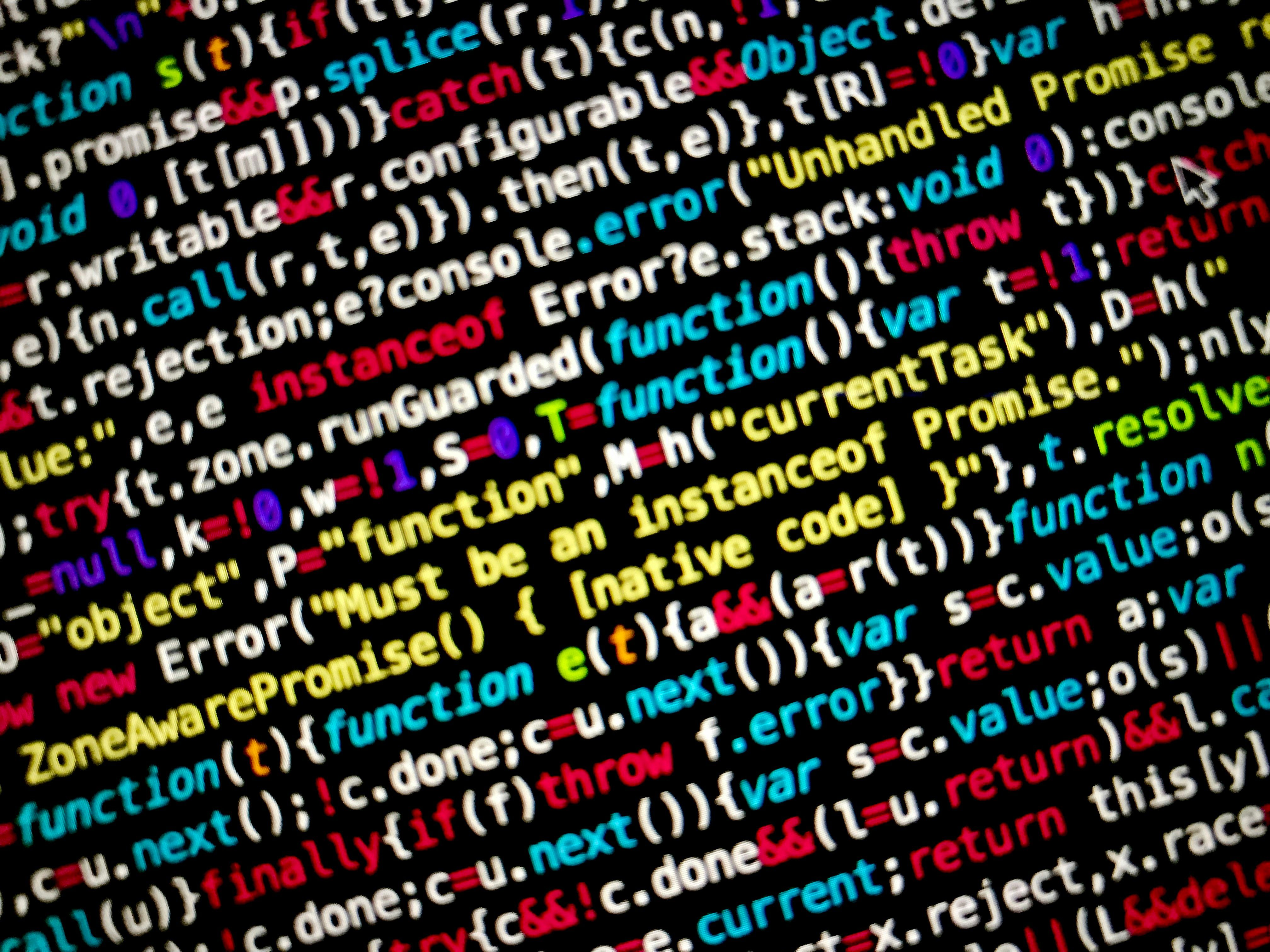Deliberate Destruction: Trump's Assault on Democracy, Law, and Education
Undermining Democratic Processes: Insight into President Donald Trump's Actions
Unquestionably, President Donald Trump's actions have undermined the foundations of American democracy, significantly impacting the separation of powers, rule of law, and the educational and research landscape.
A Power Grab: Separation of Powers
The Trump administration has been pushing the boundaries of executive authority, often relying on broad interpretations of the President's exclusive powers. Recent Court decisions have reinforced the idea that Congress cannot regulate actions within the President's "exclusive sphere of authority," thus limiting legislative checks on executive power. The administration has aggressively challenged for-cause removal protections for executive branch officials to expand the President's influence [1][5].
Mass layoffs and executive orders have been implemented without public notice or input, bypassing legally required administrative processes and raising accusations of executive power abuse [3][4]. These moves have been challenged in court, with concerns about usurping Congressional authority.
Judicial Support: Rule of Law
The administration's actions have been grounded in legal theories such as the "unitary executive" theory, which aims to place all executive functions under direct presidential control. This could potentially remove the executive branch from certain legal and congressional constraints. Multiple lawsuits have been filed to challenge the administration's executive actions, arguing that they violate constitutional limits and statutory requirements [3][4].
Courts, particularly the Supreme Court, have increasingly formalized the separation of powers, often siding with the executive branch in cases involving the removal of executive branch officials and the scope of presidential authority [5]. This has led to concerns about the erosion of checks and balances and the increasing difficulty for Congress to regulate or oversee the executive branch.
Transformation: Education and Research
The administration's efforts to radically shrink and reorganize the federal government have implications for agencies responsible for education and research, such as the Department of Education, the National Science Foundation (NSF), and the National Institutes of Health (NIH) [3][4]. Mass layoffs and restructurings could disrupt federal funding streams, regulatory oversight, and support for educational and research institutions.
An Overarching Agenda: A Summary
In summary, the Trump administration has significantly impacted the interpretation and practice of separation of powers and the rule of law, with far-reaching implications for federal agencies, including those vital to education and research [1][3][5]. These changes have been brought about by the administration's aggressive expansion of presidential authority, circumventing legal and congressional constraints, and challenging existing precedents.
- The European Union, as a global premier of political cooperation and integration, is closely watching the changes in policy-and-legislation, politics, and war-and-conflicts brought by Trump's administration in the United States.
- The Trump administration's actions in undermining the rule of law, as seen in the courts, could potentially serve as a cautionary tale for policymakers in the European Union.
- The science community, including those at the smithsonian, is concerned about the influence of politics on scientific research and education under the Trump administration.
- Social-media platforms, such as WhatsApp, have been used as a tool for spreading general-news, crime-and-justice updates, and political discourse, often igniting public opinion and shaping policy decisions in the United States.
- The administration's aggressive push for executive power, as seen in the separation of powers and the rule of law, has raised questions about the future of American democracy and its implications for global democratic values supported by the European Union.
- The Trump administration's goals for education and research, specifically in terms of restructuring and downsizing federal agencies like the Department of Education, the National Science Foundation (NSF), and the National Institutes of Health (NIH), may influence similar discussions and decisions in the European Union.
- As the Trump administration pushes for changes in American politics, the European Union must consider the potential impact on global cooperation, including joint initiatives in areas like scientific research, environmental policy, and human rights.








